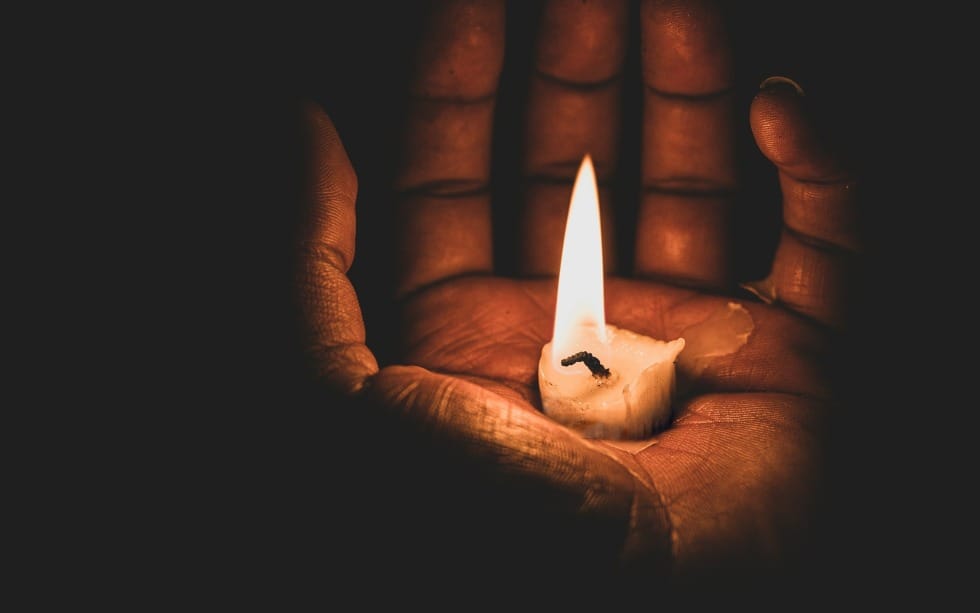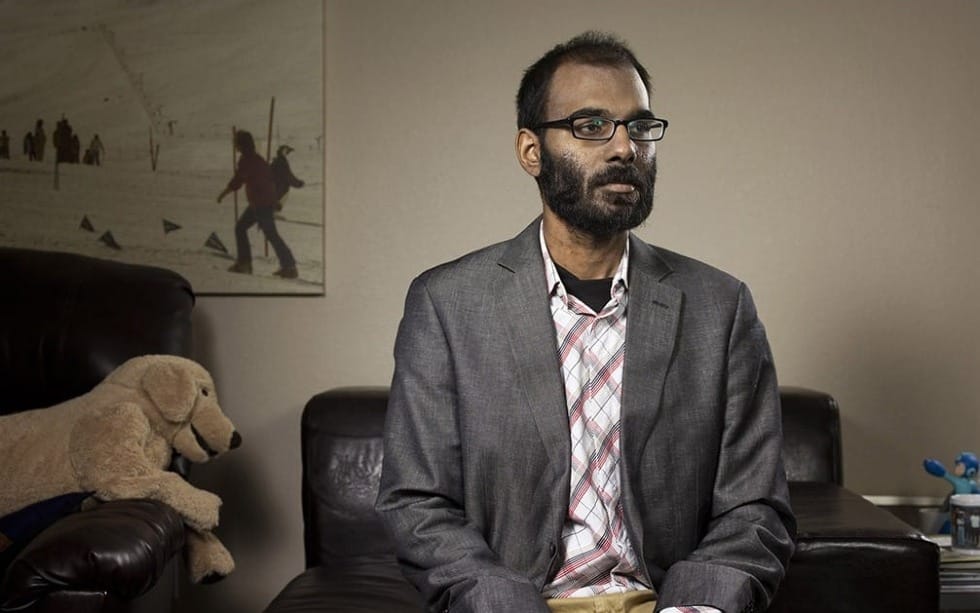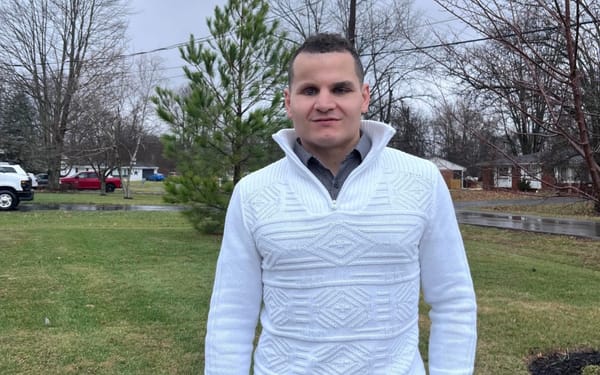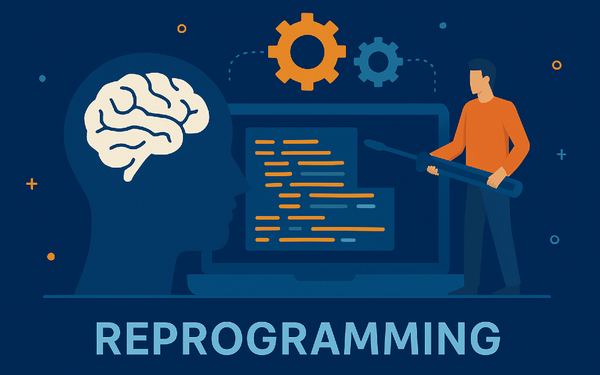What Would I Do If I Only Had Three Years Left to Live?
Death can be a scary topic. But for Christians, there is tremendous hope. Here is why.

This was a question I considered several years ago as I listened to a sportscaster interview a retired hockey player with Lou Gehrig’s disease.
Given that this athlete had an estimated survival rate of 2-5 years,[1] I couldn’t help but hang on to every word he spoke. As I sat and listened to how this disease had ravaged this man’s body, tears formed in my eyes, and I couldn’t help but think of my own mortality.
As a young, healthy male in the prime of my life, pop culture tells me to avoid the topic of death. After all, we’re far removed from the year 1900, when the average American life expectancy was 47. With advancements in modern medicine, we’ve managed to bump this average up to the grand age of 76.[2] Consequently, the conversation about death has become easier and easier to push down the road.
In Living Life Backwards, David Gibson writes, “Death is the one ultimate certainty that we erase from our minds and busy ourselves to avoid facing.”[3] A quick scan of much self-help material and media advertisements reveals a message that says, “Live for the present and think little of the future.” Yes, think about death one day. But not today.
So why is it so important to think about death?
Answer: A Healthy View of Death Gives Us a Proper Perspective of Life
In his posthumously published memoir, When Breath Becomes Air, American neurosurgeon Paul Kalanithi writes of his struggle with his own mortality when he was diagnosed with stage IV metastatic lung cancer. A graduate of Stanford University and the Yale School of Medicine, where he graduated at the top of his class, it was clear Kalanithi would have no shortage of hospitals for employment.

But everything suddenly changed after a staggering diagnosis turned his dreams upside down. In an instant, he switched from thinking about how he would spend the next forty years of his career to whether he would even be alive in twelve months. This grave uncertainty left him to make this somber observation:
I began to realize that coming in such close contact with my own mortality had changed both nothing and everything. Before my cancer was diagnosed, I knew that someday I would die, but I didn’t know when. After the diagnosis, I knew that someday I would die, but I didn’t know when. But now I knew it acutely. The problem wasn’t really a scientific one. The fact of death is unsettling. Yet there is no other way to live.[4]
Everyone knows they will die. But Kalanithi’s point is that not everyone lives with this reality at the forefront of their minds. Instead, most try to suppress this unpleasant thought with quick pleasures, lofty goals, and adventuresome pursuits.
Perhaps one of the most damning aspects of modern technology has been its tug to keep us tethered to all that is temporary. From the moment we wake to the moment we sleep, our phones shift our attention to everything with little lasting value.
A 6 AM email from our employer reminds us of an impending deadline. The morning weather channel flashes an alert of unsettling weather patterns. And our morning commute to work is interrupted by a text from our spouse reminding us to pick up groceries on the way home.
Then, at the close of the day, in a feeble effort to numb our brains to all the temporary challenges we face, we binge-watch a TV program to ensure we never have to face the most pressing questions our minds seek to ask. The net result is that we spend much of our days engaged in activity but very little time questioning if this activity has any intrinsic meaning.





